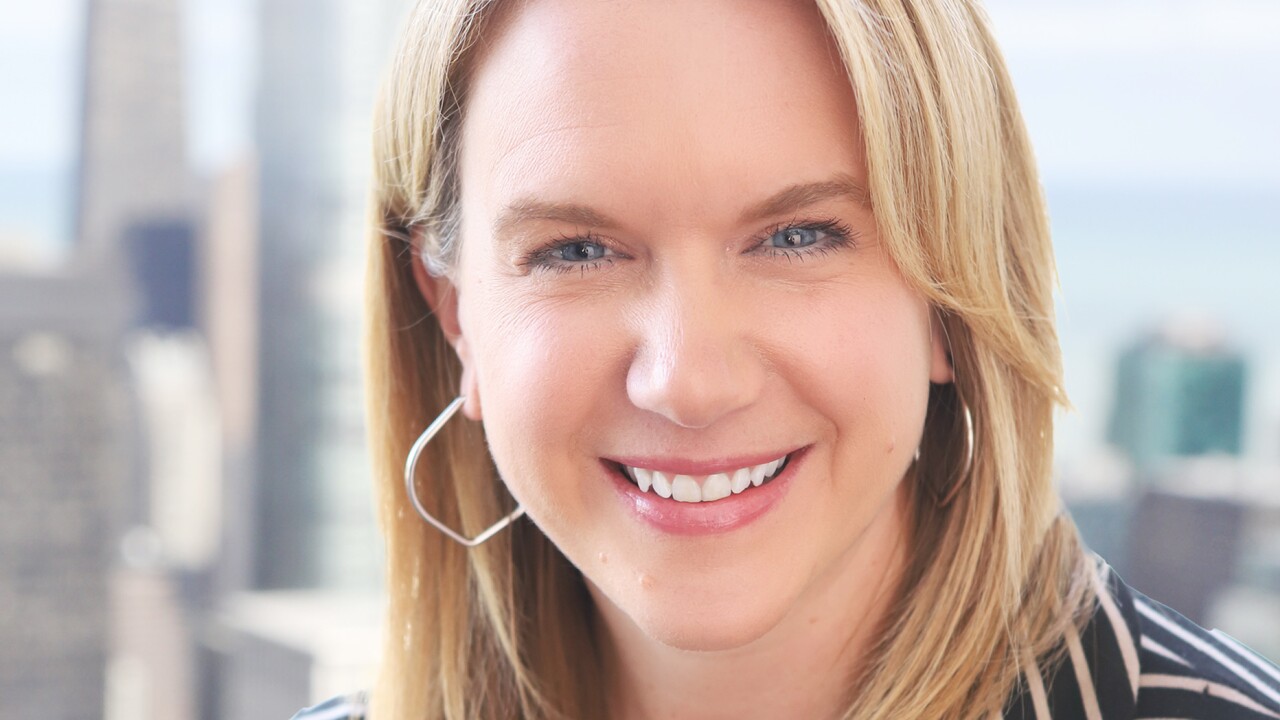
WASHINGTON — The Consumer Financial Protection Bureau has finalized its
While the CFPB did not name the companies, it
"Digital payments have gone from novelty to necessity and our oversight must reflect this reality," CFPB Director Rohit Chopra said in a statement. "The rule will help to protect consumer privacy, guard against fraud and prevent illegal account closures."
The bureau will supervise these companies in areas like privacy and surveillance, ensuring that tech companies comply with federal law allowing consumers to opt out of certain data collection and sharing practices, ensuring that popular payments apps manage disputes on their own rather than shifting them to banks, credit unions and credit card companies, and reducing harm to consumers if they lose access to an app without notice.
In the final rule, the CFPB made several significant changes from its initial proposal. The bureau raised the transaction threshold at which companies would require supervision to 50 million payments from 5 million and limited the rule's scope to only consider transactions conducted in U.S. dollars.
The Dodd-Frank Act gave the CFPB the power to designate so-called larger participants in a specific financial market, a designation that allows the bureau to conduct supervisory exams. Chopra has long warned of the impact of unsupervised tech firms' growing influence in the payments sector.
"Every single government agency is being impacted by how big tech companies are infiltrating sectors of the economy," Chopra
In their comments to the bureau, bankers largely supported the idea of regulation on nonbanks to be more consistent with depository institutions but recommended that the CFPB more thoroughly define its examination process.
Tech firms pushed back against the rule. TechNet, a group of senior executive and technology CEOs, said the CFPB might have bypassed a congressional requirement to consult with the Federal Trade Commission, opening the rule up to an Administrative Procedures Act challenge.
While the three main prudential bank regulators — the Federal Reserve, the Federal Deposit Insurance Corp. and the Comptroller of the Currency —
Earlier this week, Chopra






